Lieutenant John Pike Memeorial Browser Extension
by AdamSL
Files
This work has been commented by 1 curator(s). Read the comments
Title
Lieutenant John Pike Memeorial Browser Extension
Headline
"Standing for ████, ███████, and the American Way."
Concept author(s)
Adam Sulzdorf-Liszkiewicz; Lucas Miller
Concept author year(s) of birth
1979; 1990
Concept author(s) contribution
The extension was co-designed and co-authored by Adam and Lucas.
Concept author(s) Country
United States of America
Friendly Competition
Radical intimacies: dialogue in our times (2014)
Competition category
Visual communication practice
Competition subcategory
web / interactive
Competition field
academic
Competition subfield
student
Subfield description
Media Arts and Practice PhD Program, University of Southern California
Check out the Radical intimacies: dialogue in our times 2014 outlines of Memefest Friendly competition.
Description of idea
Describe your idea and concept of your work in relation to the festival outlines:
The Lieutenant John Pike Memeorial Browser Extension (http://pike.memeorial.org) is virtual intervention designed to memorialize both the 2011 UC Davis Pepper-Spray Incident, and the "Pepper Spray Everything" meme that followed. If a user installs the extension into her web browser, former UC Davis police officer John Pike will occasionally walk across her browser window and casually pepper-spray everything in sight. We hope that this experience engenders an unexpectedly (and perhaps radically) intimate experience with the pain of others, and with the playful virtual communities that produced mimetic responses to the original event. Further, we hope the extension can rekindle the once-vibrant dialogue that surrounded the UC Davis Pepper-Spray incident, when we officially release the extension on 18 November 2014, the third anniversary of the event.
What kind of communication approach do you use?
In this case, our approach is to offer a means of opting in to a memorial. This approach was inspired by our own realization that we had somehow forgotten about the UC Davis incident, despite our active participation in the Occupy movement, as well as our familiarity with the meme that followed. It seems most other people have forgotten about the incident, too -- though when we have informally reminded people of it, and especially of the meme, they exhibited signs of nostalgia, renewed empathy, and a self-motivate desire to talk about it with one another. Mimetic communication on the Internet is a relatively new phenomenon, and we feel too little thought has been given to how virtual communities can remember and commemorate virtual events (i.e. memes), as well as events which most people experienced virtually (i.e. the Pepper-Spray Incident).
What are in your opinion concrete benefits to the society because of your communication?
This is perhaps not for us to say, especially since we have only demoed the Pike extension a few times, to largely sympathetic groups and crowds. That said, one of the benefits that has clearly and consistently suggested itself to us is the benefit of collective, cathartic laughter -- and how this laughter has so often revealed an until-then invisible bond amongst the audience members. Memes are usually experienced privately, but when shared publicly--especially in meat-space--they can become a beginning-point for meaningful dialogue. We hope our project can remind people of this bond, and of the bond they shared with the non-violent protesters at UC Davis.
What did you personally learn from creating your submitted work?
When we created the work (which is still a work-in-progress until Nov. 18th, it should be noted), we had serious doubts that people would "get" the project. How would people feel? Would they understand our communicative intent? Would they be inadvertently offended? Frankly, we have been nervous about releasing the project, because we want to feel sure that the piece will have a positive effect on our audience. But lately, we have shown the work at a few events, and to audiences of upwards of 200 people, and (to our great surprise) the response has been overwhelmingly positive. This has been particularly true among groups of young people, i.e. students ages 18-30, but even older groups seem to "get" the work -- and to laugh almost as heartily as the younger audiences. If nothing else, we have learned that we over-worry about how people will react to our work, and that in the future we should be a bit braver, and more willing to share our work with others, so that we might actually hear their thoughts, instead of simply worrying and speculating about them.
Why is your work, GOOD communication WORK?
This is a provocative question, perhaps more provocation than question, but that seems fitting because we see our work as a useful provocation. In other words, this work is less about a direct, closed communicative act, and more about provoking viewers to feel something about the event, of seeing Lt. John Pike suddenly saunter into their browser windows and pepper-spray them in the face. As you state in the outline section, dialogue often fails. We hope our project can resuscitate that dialogue and--whether or not it succeeds--we think that's a good thing.
Where and how do you intent do implement your work?
Our project is designed to live on its website, so that it might be as widely accessible as possible, but we also intend to continue introducing people to the work via other meat-space means, e.g. artists' talks, political events, gallery installation, stickers, emails, etc. Once the piece is fully complete and released in November, we also intend to travel to UC Davis to support that release (but these plans are far from finalized at the moment). The piece is almost fully implemented, but has yet to be fully user-tested. In addition, there are a few small bits of functionality that we hope to add before the release, the most important of which is the ability for users to change how frequently (or infrequently) Lt. Pike walks across their browser windows. Preliminary testing suggests that the desired frequency varies widely between users.
Did your intervention had an effect on other Media. If yes, describe the effect? (Has other media reported on it- how? Were you able to change other media with your work- how?)
Though we have not formally released the project yet, we have seen an effect in a few specific circumstances. We have already detailed its effect upon audiences in general, in an earlier answer, but we have seen this effect across a variety of audiences, from large lecture halls at USC, to smaller classrooms at Univ. of San Francisco, to conference audiences at NYU, UCLA, and elsewhere. We have been interviewed about it in a variety of alternative media venues, and we have written about it in Leonardo Electronic Almanac, but we have no direct means of evaluating how that reportage has impacted or changed other media. That said, our experience with media around other extensions we have released, such as Buzzfeed's article on our extension "Mark Ditto Mark", suggest to us that browser extensions are fertile ground for artistic interventions. And because of the nature of browser extensions, we believe that they can influence users to take a more active, hands-on approach to their media, by encouraging them to more directly control their view of the Internet, i.e. their browser windows.
Curators Comments
Roderick Grant
The notion of inhabiting, occupying a browser extension with this type of intervention is strong critically - but its actual effect and affect will have to wait for launch. The question of a user choosing the intensity of that intervention is interesting, and to some degree reflects the nature of medium - online - as a space that is on the one hand user-controlled, and on the other, subject to the code beneath the interface.
I seem to immediately turn to the public nature of work such as this - and the question of where it could reside. The public library seems like an interesting choice, or a public computer lab on a University Campus - to see what comes of 'infiltration' rather than 'subscription'.
The fact that a browser extension can be easily installed and uninstalled, enabled and disabled, makes the issue of participation in the project a field of rich debate. So in some ways, the issue of a 'provocation [rather than a] question' exists simply by having built the extension - it functions to call into question the event, our relationship to our online toolset, and our participation in memes simply by is very proposition. The work exists as a radical proposal without evening working, but I'll set a note for November 18 this year to experience the actual extension.
I'm reminded of Lawrence Lessig's earliest work - CODE - in which he unpacks the history of online regulation and control, among other aspects of the internet. The degree to which regulation exists has in large part to do with the nature of communication, transaction and interaction in the digital space. No government agency was really all that interested in the web until someone thought to sell something, without collecting tax...then regulation followed. A gross simplification of Lessig's work, but nonetheless useful here:
To occupy the extensions - additional functionalities - beyond what a browser is at its core, coded to perform - is critical to map out and lay claim to as operational space in the sense of critical design or activism. There may indeed be something inherently healthy about laughter to share in a degree of healing collective memories - but there is also something worth pursuing here, as you note: 'browser extensions are fertile ground for artistic interventions'.
Mapping out that relationship - of the extension to the browser, of your code to the code of the browser, is important, as it establishes the nature of your statement. You're not breaking anything, its not exactly hacking, but it is occupying a space with a different ethos and intent - its important to spend some time there, and describe what's going on, and why?


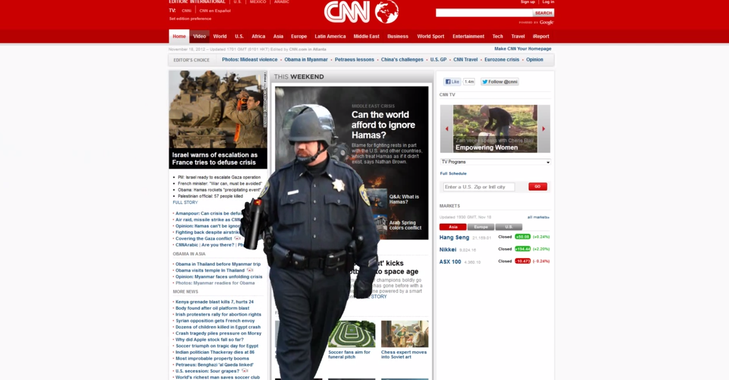
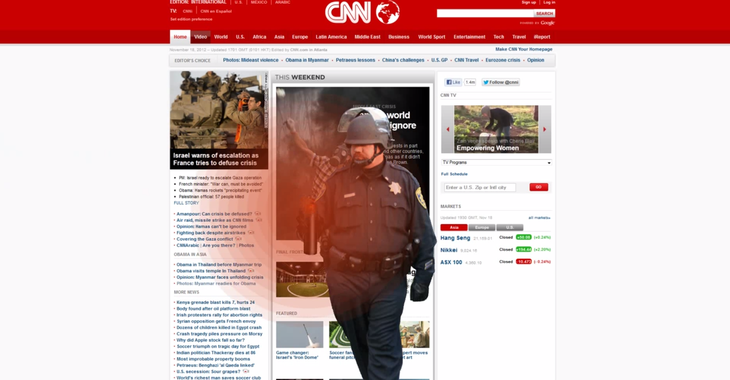
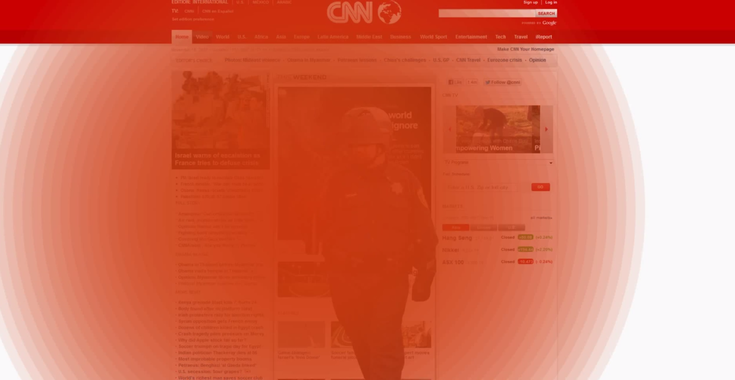
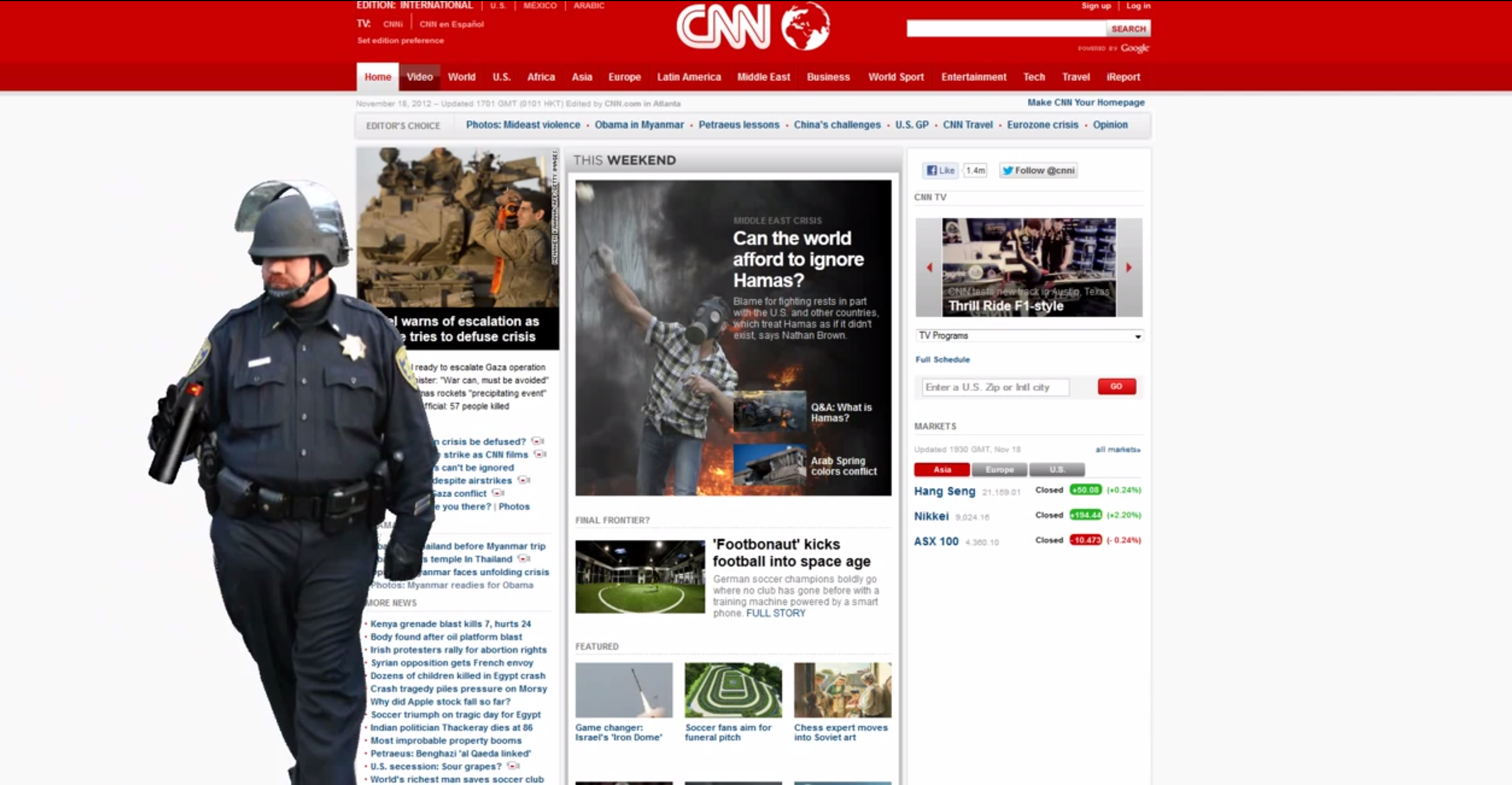
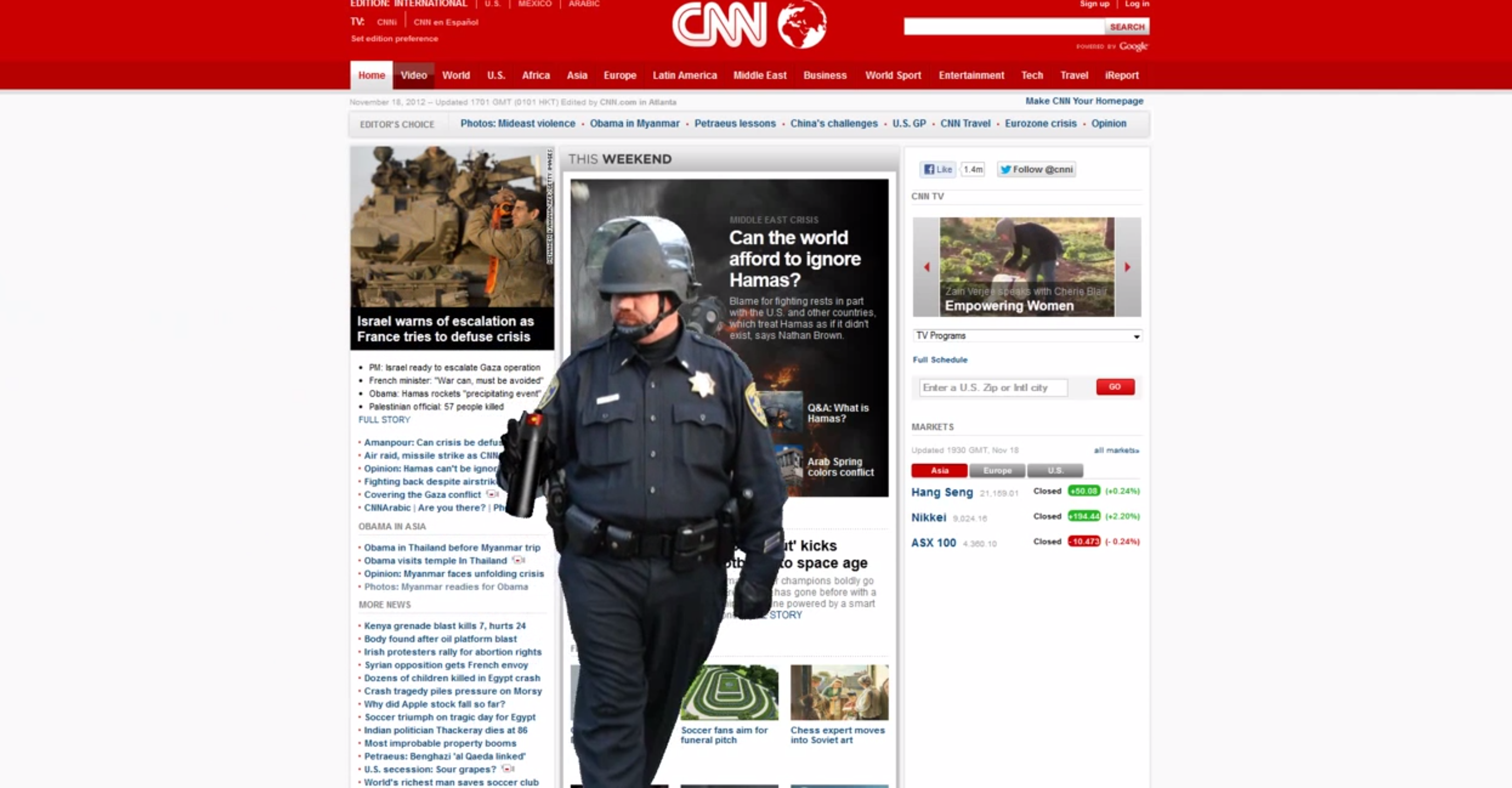


10 years, 8 months ago
Lucas and I see this kind of intervention as useful, and potentially radical, because it calls into question users' subjective relationships with their browsers. Too often, people seem to regard the 'browser window' as an actual window, as a view onto immutable objects and permanent spaces, instead of as a mutable piece of software that displays mutable pieces of data. At the very least, we hope that projects like ours can help to shatter this misconception, and to expand users' notions of what is possible.
We are definitely hoping to install the extension in a few public and semi-public computer labs on the 18th and thereafter -- if you know anyone who might be interested, we'd love to coordinate something with them!
And thanks too for the encouragement to more explicitly map out what's happening with this kind of extension, and this kind of occupation, of a browser's core functionalities. This makes me think of how useful a practice-oriented piece of writing might be in this case, i.e. an essay that both describes how an extension like ours works, and also describes where it works and why that space (and that work) is important. It also makes me think of the great work (and great writing) that's being produced by the critical making community, and I'm not sure I would've thought of connection if not for your comments. Much appreciated!